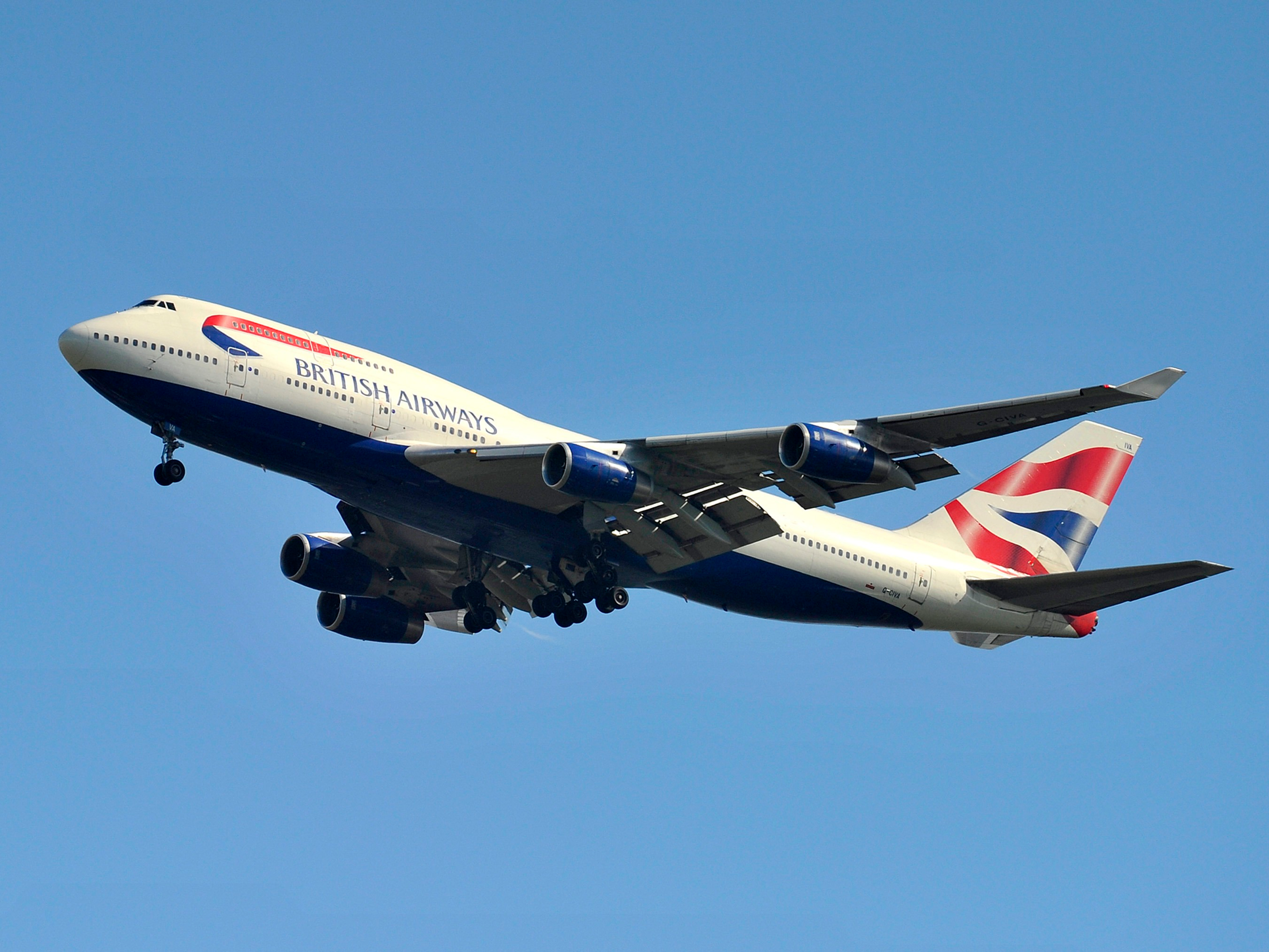- Storm Ciara saw aircraft flying transatlantic routes on Saturday night perform flights in record times.
- Three flights from New York to London performed by UK carriers British Airways and Virgin Atlantic were accomplished in under five hours, beating the previous record.
- The current supersonic record for the route is held by British Airways and the Concorde at two hours and 52 minutes while the subsonic record was held by Norwegian Air at just over five hours.
- Flights in the US also saw an uptick in tailwinds that brought down flight times on flights heading from west to east.
- Visit Business Insider’s homepage for more stories.
A faster than normal jet stream formed as a result of Storm Ciara gave numerous aircraft flying transatlantic routes a favorable tailwind, dramatically reducing their flight times, CNN reported.
Some aircraft even surpassed the speed of sound with speeds over 800 mph, though their actual airspeed wasn’t enough to break the sound barrier.
On the New York-to-London route, where flight times average over six hours, the high winds saw a small handful of aircraft traverse the near 3,500-nautical-mile route in under five hours. The record-breaking flight times saw not one but three aircraft surpass Norwegian Air in the top spot.
Among the top performers of the night were UK-based carriers and competitors British Airways and Virgin Atlantic. The UK duo routinely serves the New York-London route, one of the most popular and profitable in the world, with aircraft ranging from aging jumbo jets to the newest planes in the sky.
Take a look at the aircraft that were able to fly the New York to London route at speeds that haven't been seen since the Concorde.
Virgin Atlantic flight VS46, the airline's 8 p.m. service from New York to London, was able to make the transatlantic crossing in four hours and 59 minutes on Saturday.
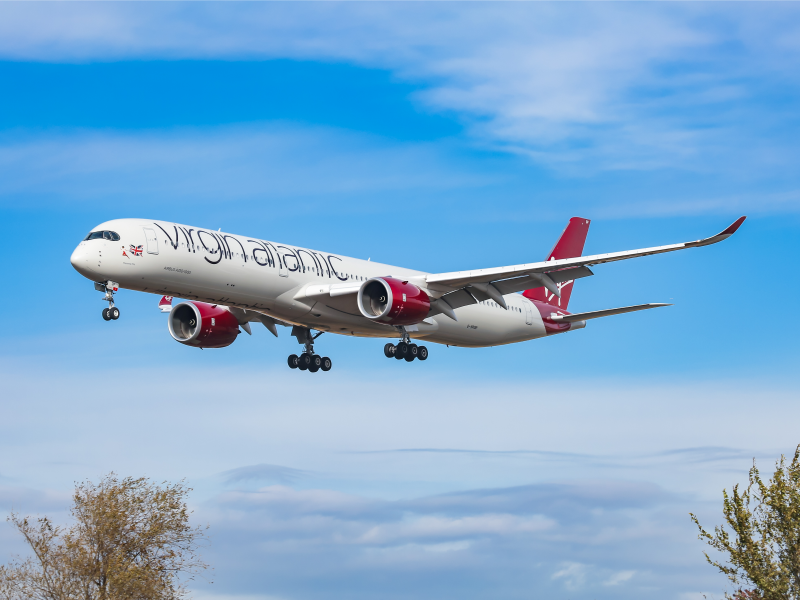
That's according to data from the flight-tracking website FlightRadar24.
The aircraft that operated the service was an Airbus A350-1000 XWB, the newest aircraft in Virgin Atlantic's fleet and Airbus' most technologically advanced aircraft.
The particular aircraft that flew on Saturday had been delivered to the airline only in September, according to planespotters.net, and officially entered service with the airline in December.
Airbus recently used the aircraft to perform an autonomous takeoff where onboard cameras were used to steer the aircraft down the runway before it took to the skies entirely on its own.
Another Virgin Atlantic flight was able to make the journey in under five hours. Flight VS4 beat its colleague by two minutes and completing the journey in four hours and 57 minutes.
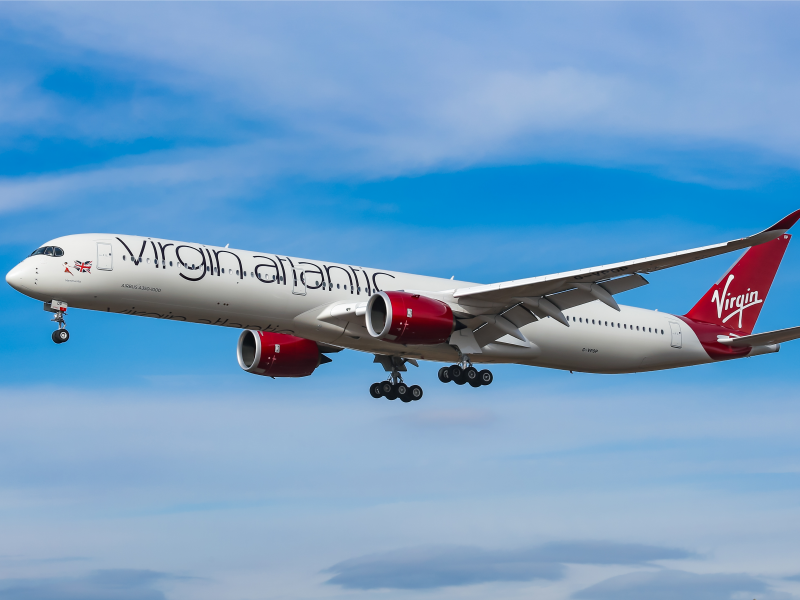
VS4 is the airline's 6:30 p.m. service from New York to London.
The aircraft was another Airbus A350-1000 XWB and was the second A350 to enter Virgin's fleet when it was delivered in August, according to planespotters.net.
Like most of its A350 colleagues, the aircraft has been faithfully flying between London and New York since September when the aircraft was inducted into passenger service.
In the top spot for the evening was British Airways flight BA112, which was able to fly from New York to London in four hours and 56 minutes.
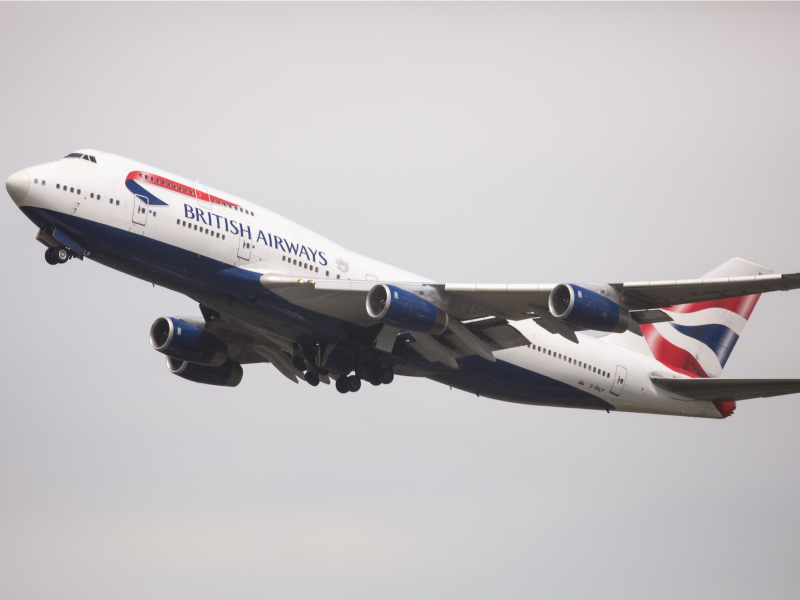
The plane had a top ground speed of over 800 mph. The UK flag carrier beat out Virgin Atlantic, both its next-nearest competitor, in terms of speed on Saturday night and in business, by one minute.
British Airways, however, may have an advantage over its Virgin Atlantic competitor in the form of an additional engine on each wing. BA112, the airline's 6:30 p.m. service to London, was operated by the airline's iconic Boeing 747-400 aircraft, affectionately known as the Queen of the Skies, which has four engines.
Virgin Atlantic responded on Twitter to being bested by British Airways' Jumbo Jet, saying: "It's true that we were narrowly beaten by a BA Boeing 747, however, they had twice the amount of engines and burnt twice as much fuel as Captain Chris in our brand new, fuel-efficient Airbus A350-1000."
The UK flag carrier is not new to setting records on the route, as the airline was an operator of the famed supersonic Concorde. During its tenure, British Airways set the record for the New York-London flight with the Concorde in 1996 at two hours and 52 minutes, which is unlikely to be broken anytime soon no matter how strong the winds of the Atlantic are.
The aircraft operating the flight, registration G-CIVP, was delivered to British Airways in February 1998, according to planespotters.net, two years after the Concorde set the record on the route. British Airways is the sole operator of the Boeing 747 on the London-New York route, with most airlines operating smaller twin-engine aircraft such as the Boeing 777, Boeing 767, Airbus A330, and Airbus A350.
The flights were lucky to land as Storm Ciara and its associated winds were wreaking havoc at airports across the UK.
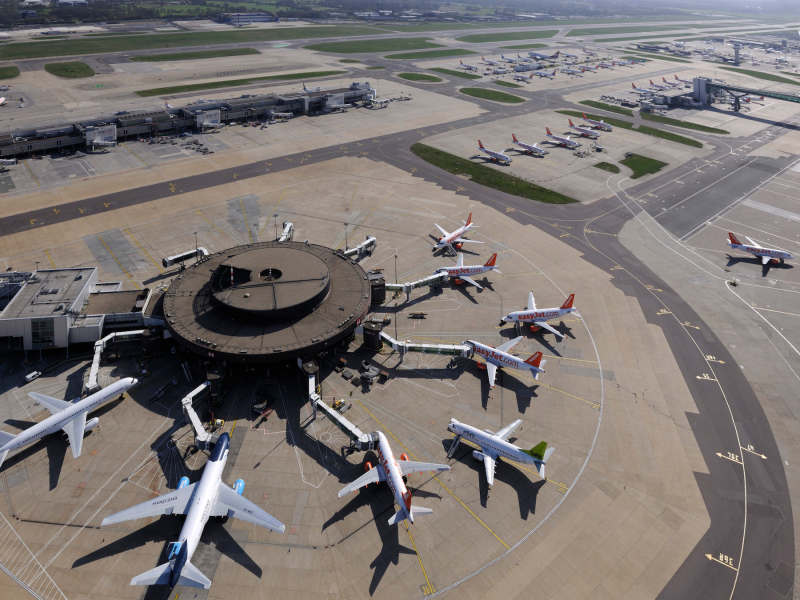
London's Heathrow Airport, where the three aircraft landed after their record journey times, was among the worst affected by the storm, The Independent reported. Close to 300 flights were affected at Britain's busiest airport, with flights either delayed, canceled, or diverted to the effects of the weather.
Some flights departed from their origin airports only to get to the UK and have to turn around and return to where they came. A Scandinavian Airlines flight from Oslo to Manchester reached its destination only to find itself unable to land and had to return to Oslo, according to flight-tracking website FlightAware.
Transatlantic flights aren't the only ones aided when strong winds hit.
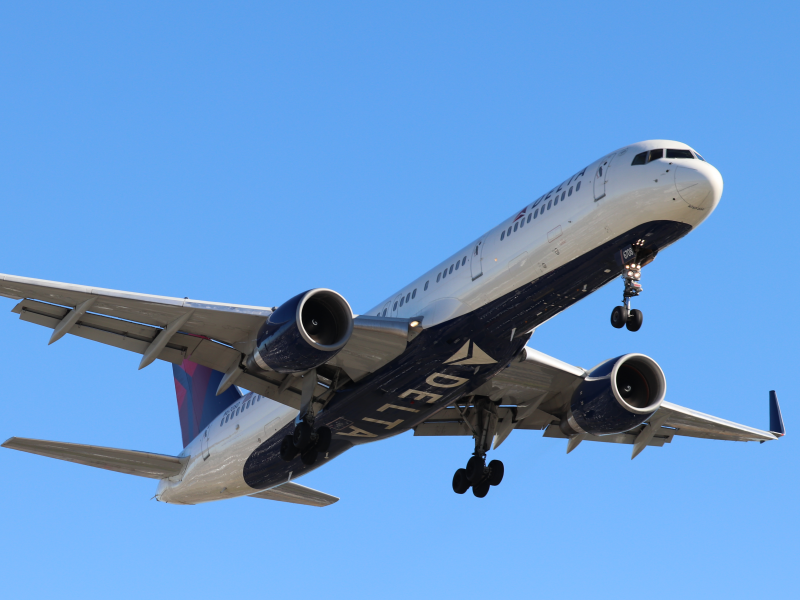
Transcontinental flights are frequently served by tailwinds that reduce their flight times in the eastbound direction. They allow flights from West Coast cities to New York to be accomplished in less than five hours.
Flights heading in the opposite direction, however, could expect some delays.
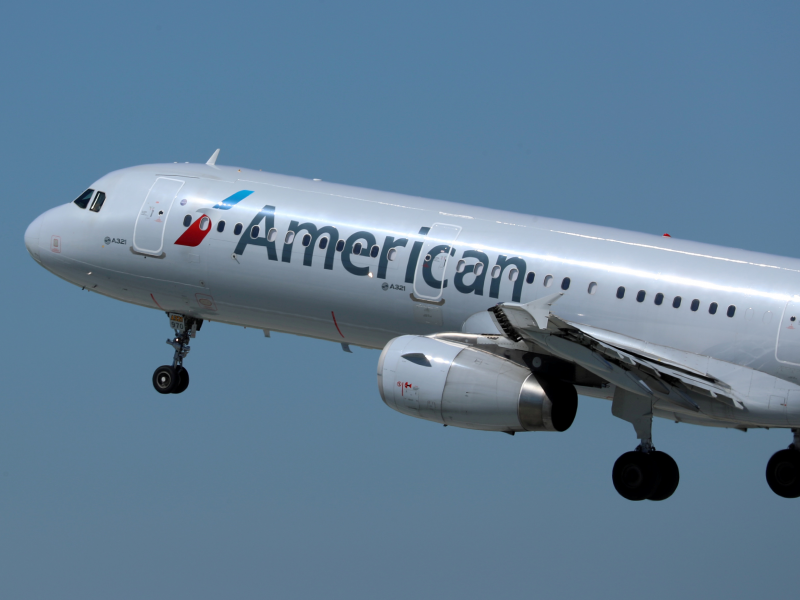
For every strong tailwind there is an equally strong headwind that makes flights in the opposite direction longer. To avoid the strong winds, transatlantic flight paths were moved to the north.
Flyers heading from east to west could expect longer than normal flight times in the US on routes such as New York to Los Angeles. While normally flying from the Big Apple to the City of Angeles takes around five hours and 30 minutes, some flights on Sunday such as American Airlines flight AA171 and JetBlue Airways flight B6123 were taking an excess of six hours to fly from coast to coast and flying as far north as Minneapolis to do so.

